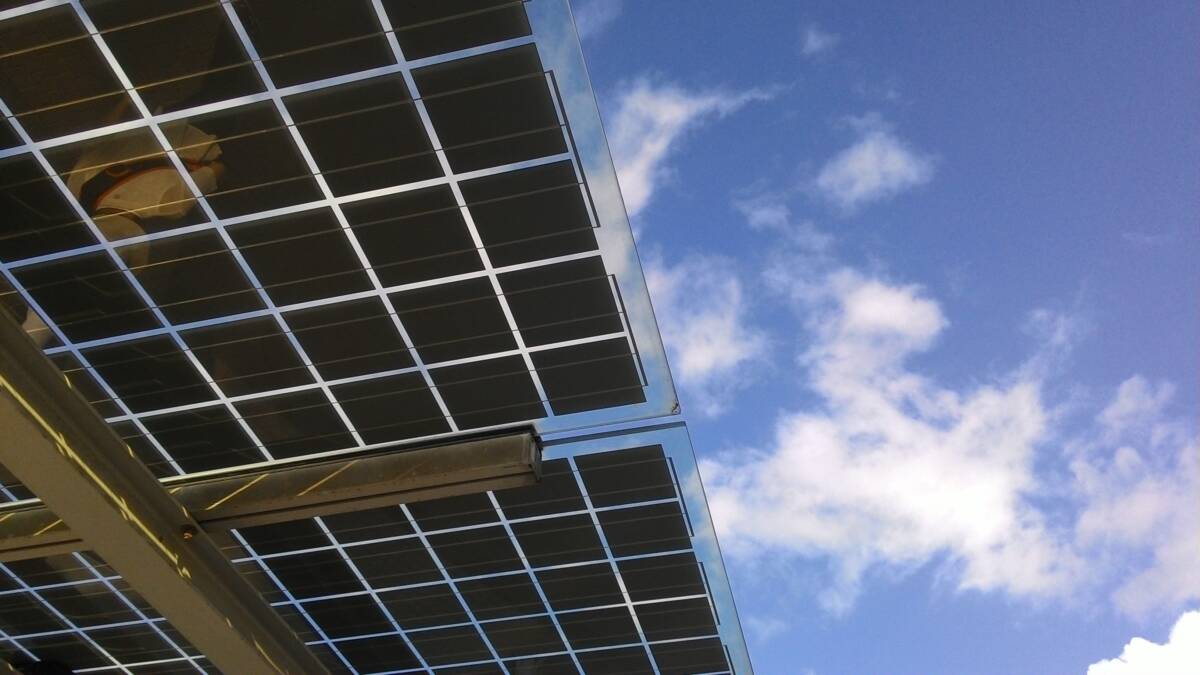Jakarta, 11 May 2023 – This year’s Earth Day is quite a unique one as it falls on the day of Eid ul-Fitr, an Islamic celebration that marks the end of the month-long fasting of Ramadhan. Theologically, those who are successful in withholding all kinds of worldly desires during the holy month would see their entire past sins being wiped out clean. Despite eating less, food waste in Indonesia is on the contrary increasing almost 20% higher during Ramadhan relative to other months, as hinted by the Ministry of Environment and Forestry (MoEF). In terms of GHG emissions, Food Loss and Waste (FLW) in 2000 – 2019 accounted for 1,702.9 million tons of CO2 (MtCO2) or 7.29% per year of GHG emissions in Indonesia, according to a 2021’s report organized by Bappenas. Apart from that, electricity consumption is also increasing by 5% according to PLN, mainly driven by industrial activities and household electricity consumption. With almost 70% of Indonesia’s electricity still supplied by coal-fired power plants, such an increase would surely increase GHG emissions, particularly carbon dioxide. Sadly, all of these contradict the spirit of Eid ul-Fitr itself as we are not entirely cleansed per se, solely due to our activities during the holy month having instead contributed to the GHG emissions.
The question then, why the concern about GHG emissions?
The Earth’s climate has significantly shifted compared to its pre-industrial state. According to IPCC AR6 Synthesis Report, global temperature has been recorded to be 1.09 °C higher in 2011 – 2020 than in 1850 – 1900. The figure indicates that heat being trapped within the sphere has exceeded what is required to keep the Earth’s climate warm enough for its inhabitants. Large concentrations of GHG emissions, including carbon dioxide, methane, and nitrous oxide, in the atmosphere have been traced to be higher than during prehistoric times, ranging between 800,000 to 2,000,000 years ago, as stipulated in the report. Human-induced GHG emissions have been thought with absolute certainty to cause the continuous emissions increase, inching closer to more prevalent extreme weather events.
So, what sort of human activities of prominent influence on the climate? The report further elaborates the GHG-emitting human activities and their contributions to global GHG emissions. 79% of global GHG emissions in 2019 came from the energy, industry, and building sectors, whilst the remaining came from agriculture, forestry, and land use (AFOLU). The former has been contributing to the large generation of carbon dioxide, particularly from fossil fuel combustion and industrial processes (CO2-FFI). Such conditions come as no surprise as most of the energy that we consume is still being sourced from fossil fuels. This is especially true for developing countries, whereby fossil fuels are perceived to be much cheaper than clean alternatives. For these countries, there is a balance that needs to be struck between reducing their GHG emissions and maintaining economic growth.
Has Indonesia exerted enough effort in its commitment towards climate change?
Just last year, Indonesia submitted its enhanced NDC (ENDC) to the UNFCCC to demonstrate its continued commitment to the climate change issue. Within the new document, the bar has been slightly increased. The country pledged to reduce its GHG emissions reduction by 31.2% (unconditional) and 43.2% (conditional) relative to Business-as-Usual (BAU) in 2030. Despite its intention to meet Decision 1/CMA.3 line 29 of the Glasgow Pact, the enhanced target is still far from being aligned with the Paris Agreement temperature goal. Aligned with that, Climate Action Tracker has recently rated the country’s ENDC to be highly insufficient. It argued that the targets can be met with existing policy. With conceivable targets, the government does not require further efforts. The analysis further suggested that the electricity sector should be seeing a significant drop in emissions to be aligned with the 1.5°C pathways. This means phasing out unabated coal-fired power plants’ capacity down to 10% in 2030 and to be completely phased out in 2040. Presidential Regulation 112/2022 should have provided a legal basis for relevant stakeholders to take necessary actions. JETP’s joint commitment that would see 20 billion USD being mobilized by the International Partners Group (IPG) countries should further jumpstart the energy transition in Indonesia. In his latest speech during the Hannover Messe, President Jokowi further hinted that Indonesia will phase out its entire coal fleet by 2050.
Through the moment of Earth Day and Eid ul-Fitr, let’s try to reflect on whether we have done enough to help prevent further worsening of climate change. Have we cleansed ourselves in the entirety? Have our lifestyles reflected what we have been advocating so far?
Photo by Asia Chang on Unsplash

